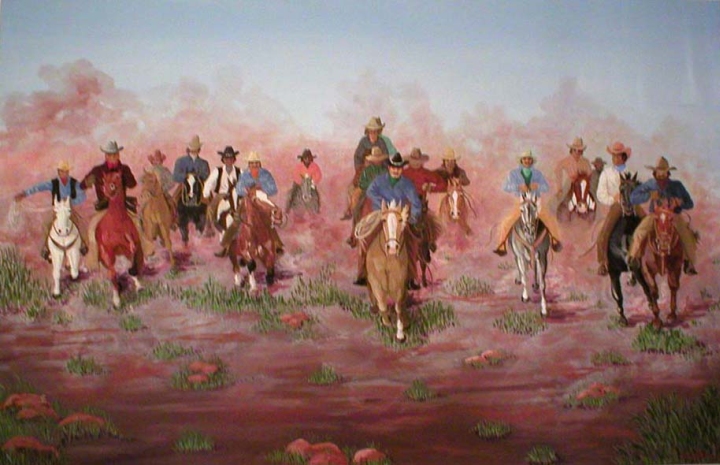
| "It's much easier to ride the horse in the direction he's going." ... |

|
|
This essay,
Riding
The Horse
Revisited,
is the third in the ninth trilogy
Visits With A Friend:
|
The first trilogy Visits With A Friend is: in that order. |
| The second trilogy Visits With A Friend is: in that order. | The third trilogy Visits With A Friend is: in that order. |
| The fourth trilogy Visits With A Friend is: in that order. | The fifth trilogy Visits With A Friend is: in that order. |
| The sixth trilogy Visits With A Friend is: in that order. | The seventh trilogy Visits With A Friend is: in that order. |
| The eighth trilogy Visits With A Friend is: in that order. | |

| Background soundtrack: Traffic: Freedom Rider - wait for 5.1M download |

|
| Communication Promise | E-Mail | Home |
| © Laurence Platt - 2017 through 2020 | Permission |